Search
Did you mean: Inca Architecture?
Search Results
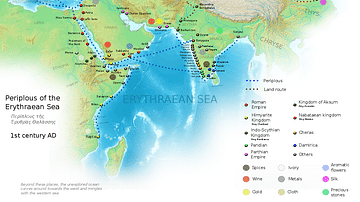
Image
Ancient Indian Maritime Trade Routes
This map is derived from the book Periplus of the Erythraean Sea. It depicts trade routes in the ancient world, ports in the Chera territory and other parts of India and the trade routes connecting them to other parts of the world along with...
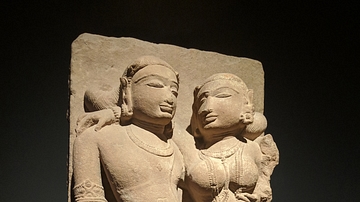
Image
Amorous Indian Couple Relief
Amorous couple from central India, Chandella Dynasty, 11th century CE.
Exhibited at Museum Rietberg, Zurich, Switzerland.
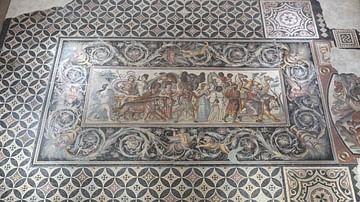
Image
Indian Triumph of Dionysus Mosaic
The Indian Triumph of Dionysus mosaic once decorated a dining room (triclinium) in Setifis, a colony for Roman veterans founded during the reign of Nerva (r. 96-98 CE). The central panel of the mosaic depicts the triumphal return of Dionysus...
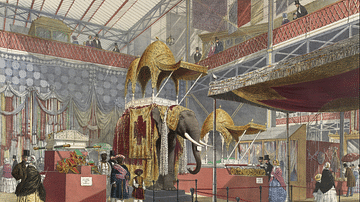
Image
Indian Hall, Great Exhibition
A print of an original watercolour by Joseph Nash showing a section of the Indian Hall in the Crystal Palace of the Great Exhibition of 1851. (British Library, London)
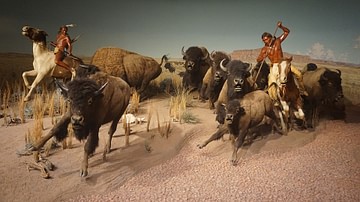
Image
The Crow Indian Buffalo Hunt Diorama
The Crow Indian Bison Hunt diorama.
The North American Indians: A Tribute to Survival exhibit, Milwaukee Public Museum in Milwaukee, Wisconsin, USA.
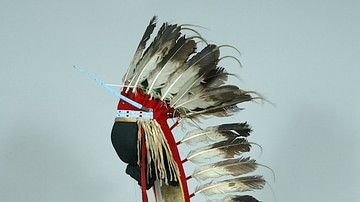
Image
Plains Indian Headdress
Plains Indian headdress such as would have been worn by Roman Nose (Cheyenne warrior) in the 19th century.
The Children’s Museum of Indianapolis, USA.
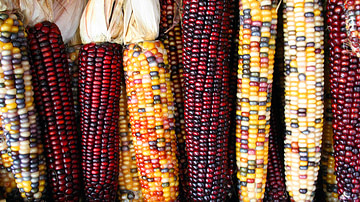
Image
Indian Corn
Indian Corn – also known as Flint Corn and Calico Corn – one of the three types of maize cultivated by the Native Peoples of North America.
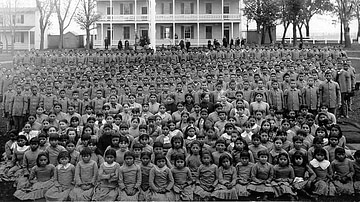
Image
Pupils at the Carlisle Indian Industrial School, Pennsylvania
Pupils at the Carlisle Indian Industrial School, Pennsylvania, c. 1900. Students were required to wear uniforms and had to surrender traditional attire upon their arrival.
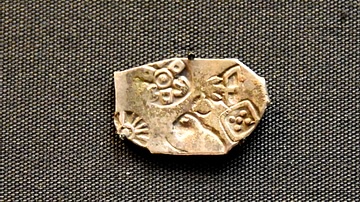
Image
Early Indian Punch-Marked Coin
Early Indian coins were made by cutting sheets of silver into pieces and marking each piece with one or more symbols using small punches. As there are no portraits or inscriptions, the coins are now known by numbers. This coin, for example...
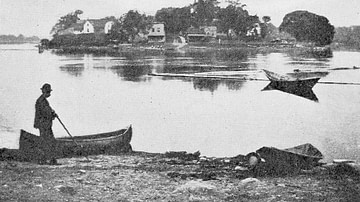
Image
Penobscot Indian Island Reservation, 1919
Penobscot Indian Island Reservation, Penobscot County, Maine, USA. Illustration from What to see in America by Clifton Johnson, 1919.